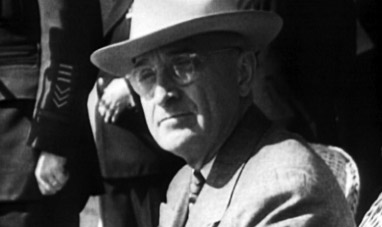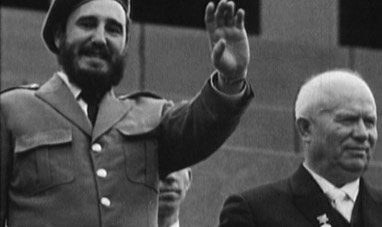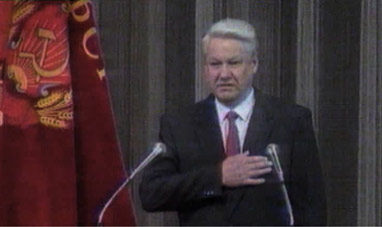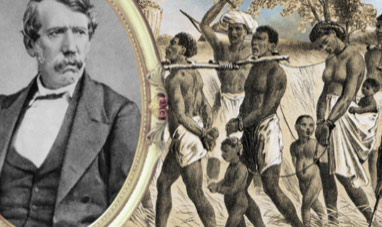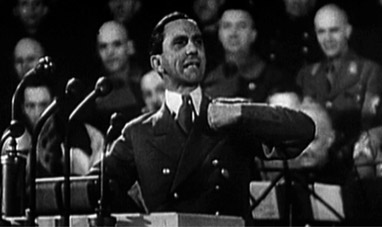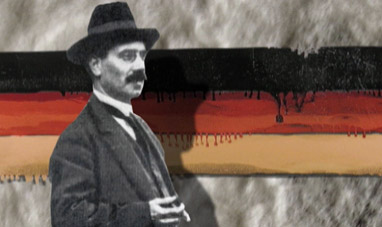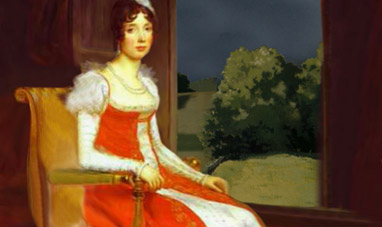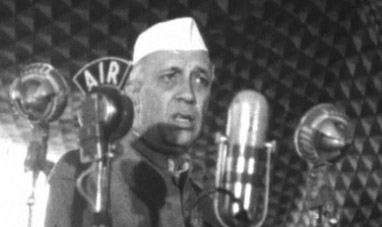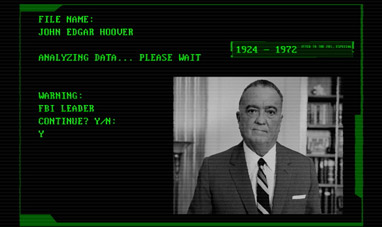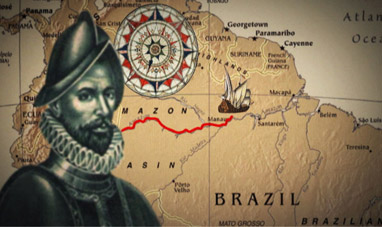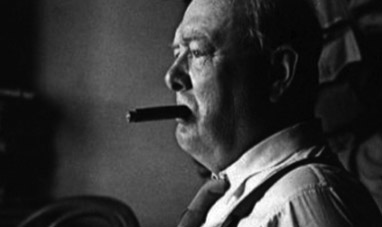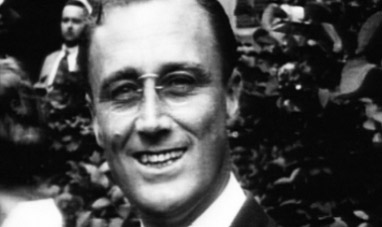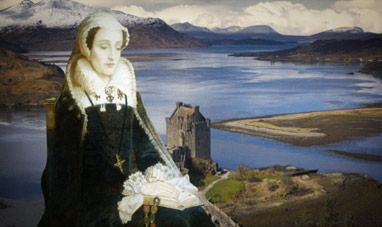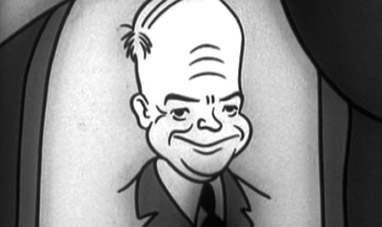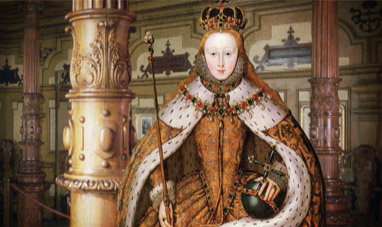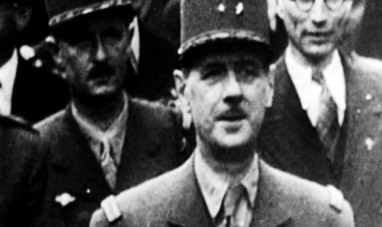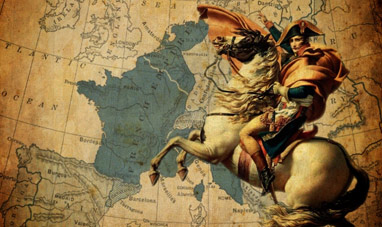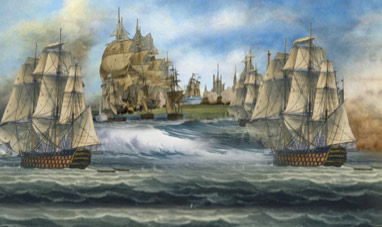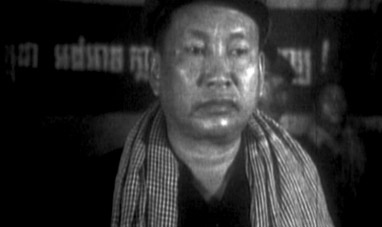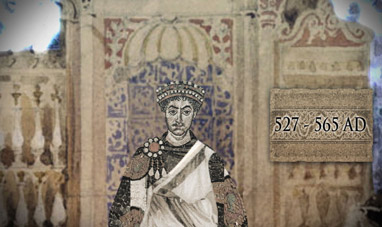Cecil John Rhodes was a British businessman and politician of the nineteenth century. He was born on July 5th, 1853 in Bishop's Stortford, England. At a young age, he moved to the British colonies in South Africa, a peripheral region of the British Empire. While economically backward, the area was rich in valuable raw materials.
The exploitation of its mineral deposits was a rapidly growing market, and Rhodes settled near the town of Kimberley and invested in the search for diamonds. This proved to be a winning move: Rhodes quickly accumulated a considerable fortune, and was already a successful man before he turned 20.
From 1873, Rhodes divided his time between his studies at Oxford University and business commitments in Africa.
In 1881 he obtained a degree and, that same year, joined the parliament of Cape Colony which occupied the extreme southern tip of Africa.
Rhodes implemented an aggressive business policy, acquiring various mining companies. In 1888 he founded the De Beers Consolidated Mines, a giant in the mining market.
His wealth made him increasingly influential and, in 1890, he was appointed Prime Minister of the Cape Colony .
A staunch supporter of the British imperialist policy , Rhodes governed with the sole objective to promote British interests .
In 1894, he enacted the Glen Grey Act, which allowed British companies to expropriate land from native Africans in order to search for mineral deposits.
At the same time , Rhodes expanded the territories ruled by the British Empire, annexing the territories corresponding to today's states of Zimbabwe and Zambia , which would be renamed in his honor as Southern and Northern Rhodesia .
He also attempted to reconquer the Transvaal Republic, a territory rich in gold which had become independent from Britain after the decade old war between the British and the so-called Boers , descendants of the early Dutch settlers .
Rhodes vision clashed with the equally strong willed President of Transvaal , Paul Kruger.
In an attempt to overthrow Kruger’s government, Rhodes supported an uprising in 1895, the so-called Jameson Raid, named after the leader of the revolt, Leander Starr Jameson.
This failed coup would have negative repercussions on Rhodes , who was forced to resign as Prime Minister.
The loss of his political power did not affect his economic strength: at the end of the nineteenth century, De Beers Consolidated Mines controlled 90 % of the world market for diamonds.
Rhodes participated in the Second Boer War in 1899, but did not live to see its conclusion.
Cecil Rhodes died on March 26th, 1902 in Cape Town, South Africa, just a few months before the British victory in the conflict. He was 48 years old.
The exploitation of its mineral deposits was a rapidly growing market, and Rhodes settled near the town of Kimberley and invested in the search for diamonds. This proved to be a winning move: Rhodes quickly accumulated a considerable fortune, and was already a successful man before he turned 20.
From 1873, Rhodes divided his time between his studies at Oxford University and business commitments in Africa.
In 1881 he obtained a degree and, that same year, joined the parliament of Cape Colony which occupied the extreme southern tip of Africa.
Rhodes implemented an aggressive business policy, acquiring various mining companies. In 1888 he founded the De Beers Consolidated Mines, a giant in the mining market.
His wealth made him increasingly influential and, in 1890, he was appointed Prime Minister of the Cape Colony .
A staunch supporter of the British imperialist policy , Rhodes governed with the sole objective to promote British interests .
In 1894, he enacted the Glen Grey Act, which allowed British companies to expropriate land from native Africans in order to search for mineral deposits.
At the same time , Rhodes expanded the territories ruled by the British Empire, annexing the territories corresponding to today's states of Zimbabwe and Zambia , which would be renamed in his honor as Southern and Northern Rhodesia .
He also attempted to reconquer the Transvaal Republic, a territory rich in gold which had become independent from Britain after the decade old war between the British and the so-called Boers , descendants of the early Dutch settlers .
Rhodes vision clashed with the equally strong willed President of Transvaal , Paul Kruger.
In an attempt to overthrow Kruger’s government, Rhodes supported an uprising in 1895, the so-called Jameson Raid, named after the leader of the revolt, Leander Starr Jameson.
This failed coup would have negative repercussions on Rhodes , who was forced to resign as Prime Minister.
The loss of his political power did not affect his economic strength: at the end of the nineteenth century, De Beers Consolidated Mines controlled 90 % of the world market for diamonds.
Rhodes participated in the Second Boer War in 1899, but did not live to see its conclusion.
Cecil Rhodes died on March 26th, 1902 in Cape Town, South Africa, just a few months before the British victory in the conflict. He was 48 years old.



